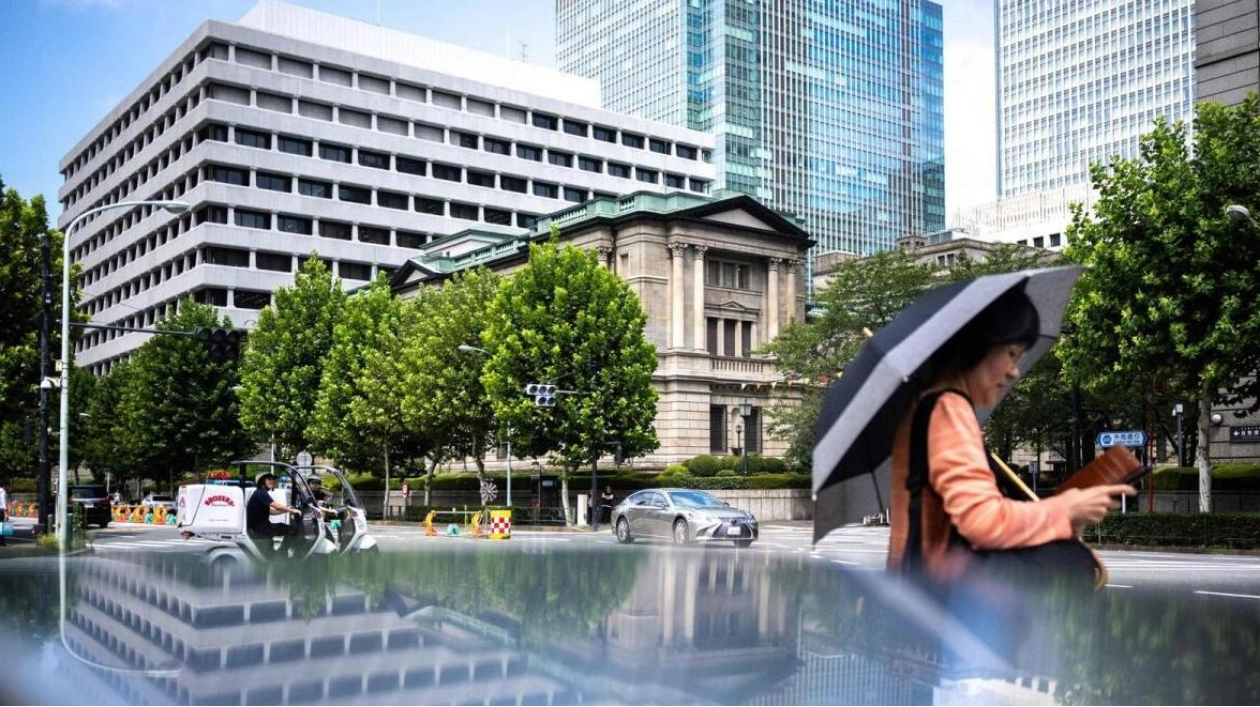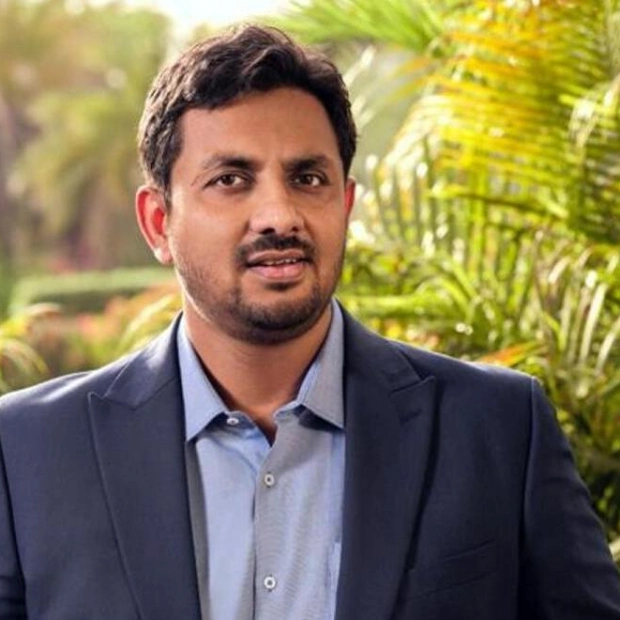Japan's central bank has the potential to increase interest rates further, but it must proceed with caution and at a gradual pace to prevent harming the economy, according to a dovish policymaker. This stance reinforces market expectations that the bank will not rush to raise borrowing costs. Bank of Japan board member Asahi Noguchi's comments come a day after Japan's new prime minister, Shigeru Ishiba, stated that the economy is not yet prepared for additional rate hikes, in unusually direct remarks that weakened the yen.
Noguchi noted that the yen's recent recovery from sharp declines in July has eased inflationary pressures from import costs, giving the BOJ time to assess economic risks before deciding on the next rate hike. "If economic and price developments align with our forecasts, we will adjust the level of monetary support, albeit at a slow pace," Noguchi said during a press conference, emphasizing the need for extreme caution in making such decisions. He also mentioned that due to the difficulty in estimating Japan's neutral rate, the BOJ needs to pause after a hike to evaluate its impact before considering further increases, with the timing and pace of policy shifts being data-dependent.
Noguchi declined to comment on Ishiba's remarks but acknowledged that the BOJ must consider various political views that reflect public sentiment, even as it maintains its independent policy setting. The dollar reached a six-week high against the yen on Thursday, partly due to diminishing expectations of a near-term rate hike by the BOJ. It briefly touched 147.25 yen, the highest since August 20, before slightly retracing to 146.80 yen.
Later that day, BOJ Governor Kazuo Ueda, newly appointed Finance Minister Katsunobu Kato, and Economy Minister Ryosei Akazawa met in Tokyo and reaffirmed their commitment to closely coordinating efforts to exit deflation. "We confirmed that we will ensure to exit deflation and achieve sustainable growth with the government and the BOJ working closely in line with a joint statement," Kato told reporters, referring to a 2013 statement that commits the central bank to achieving its 2% inflation target.
A majority of economists surveyed by Reuters from September 4-12 expected the BOJ to raise rates again by the end of the year. In a speech to business leaders in Nagasaki earlier on Thursday, Noguchi emphasized that the BOJ must patiently maintain loose monetary policy. With inflation exceeding the BOJ's 2% target for over two years and wages rising, Japanese firms are increasingly willing to pass on higher costs through price increases. However, sluggish real consumption suggests that households still believe prices won't rise significantly, having experienced decades of deflation and stagnant wage growth, according to Noguchi, who voted against the BOJ's decision to raise rates in July.
"It will take considerable time for such sentiment to diminish, and for society as a whole to adopt a mindset consistent with the BOJ's 2% inflation target," Noguchi said. "Until then, the most important thing is for the BOJ to patiently maintain an accommodative monetary environment." The BOJ ended negative rates in March and raised short-term borrowing costs to 0.25% in July, based on the view that Japan was making progress towards sustaining 2% inflation. BOJ Governor Kazuo Ueda had to retract his earlier remarks, made when rates were hiked in July, that the bank would continue raising borrowing costs after the hawkish tone caused a market downturn. Speaking after a meeting with Ishiba on Wednesday, Ueda assured the premier that the BOJ would proceed cautiously in deciding whether to raise interest rates further.
Japan's economy expanded at an annualized rate of 2.9% in the second quarter, supported by steady wage hikes that bolstered consumer spending. Capital expenditure continues to grow, although weak demand in China and slowing U.S. growth pose challenges for the export-dependent country.






